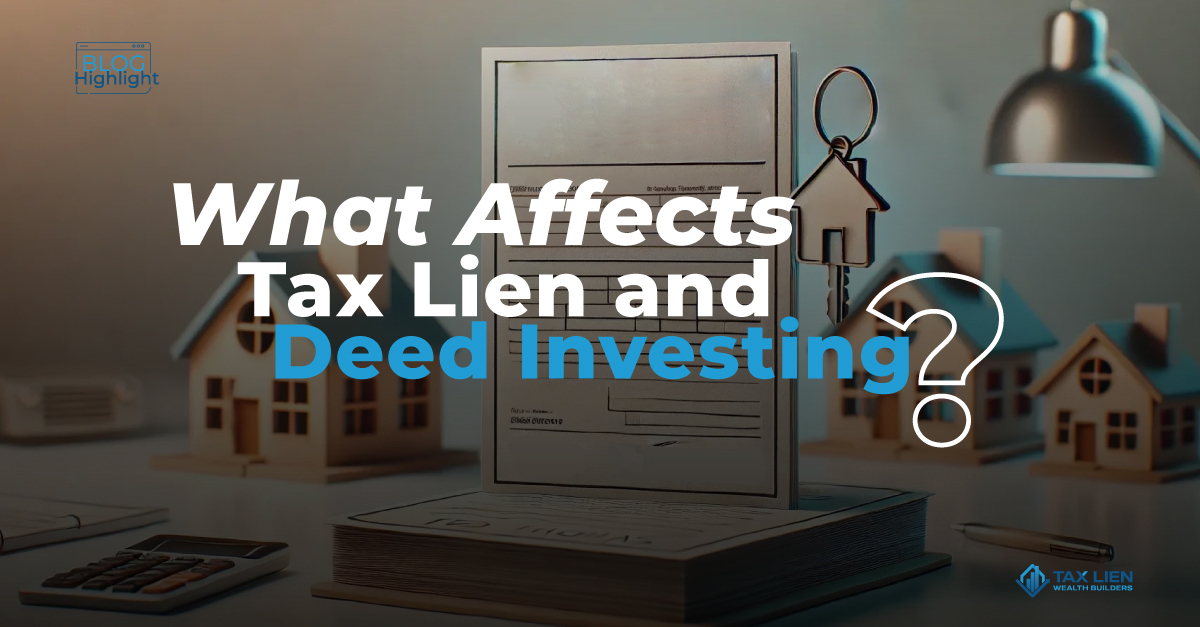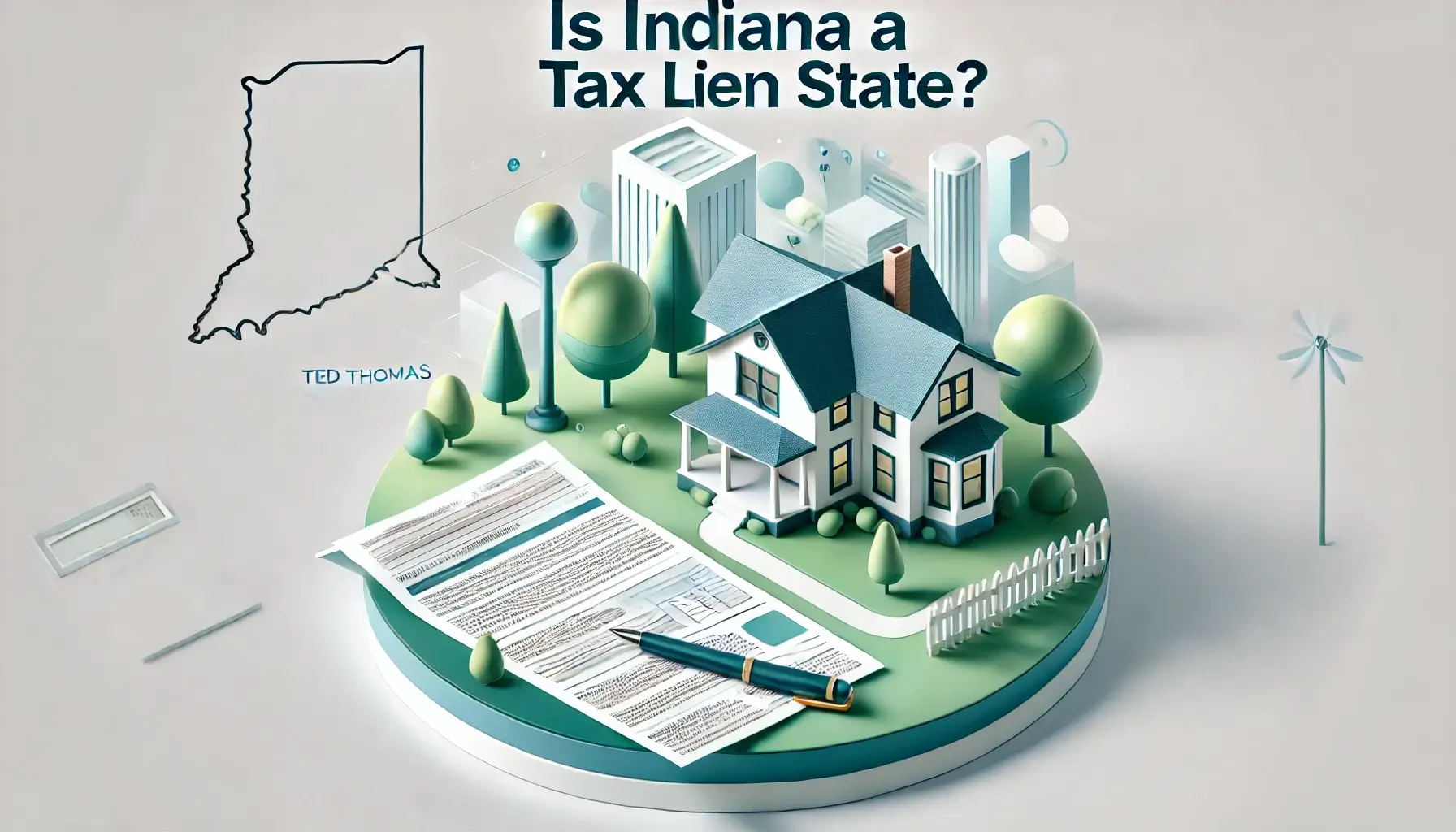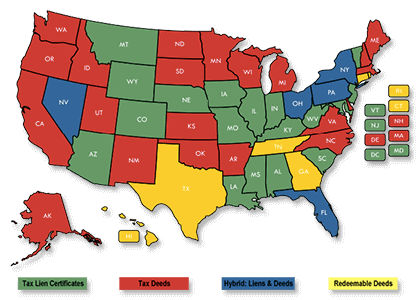All Categories
Featured
Table of Contents
If you have an interest in the tax lien foreclosure procedure, you should call a lawyer so you understand and evaluate the dangers of this sort of investment. - investing in secured tax lien certificates
Tax obligation lien sales are one manner in which cities and regions attempt to redeem some of the public dollars they have actually spent preserving these buildings deserted by exclusive proprietors. As we'll explain in this short article,. As soon as real estate tax are taken into consideration delinquent, city governments typically concentrate on offering notice of delinquency and trying to collect the unpaid amounts from the owner.
However, this procedure typically takes years. If a proprietor has actually strolled away and hesitates to pay taxes or keep the home, the city must spend tax dollars to maintain the property. These costsboarding up the structure, mowing disordered grass and weeds, responding to fire and authorities calls on the residential property, and moreadd up

Owners who have dropped on tough times absolutely require every effort to keep them out of misbehavior and in their homes. Generally, if the residential property is uninhabited and worn-out, we should assume the proprietor has picked to abandon their interest in the home and that they are "resistant" to pay (though circumstances earlier in the procedure might have compelled their hand).
Tax Lien Investing
Take, for instance, a single-family home where the owner has time out of mind left. For many years the city government has actually had to step in and eliminate waste dumped in the yard, board up the doors and windows, and react to calls concerning illicit task on the home. All these services set you back the local federal government taxpayer dollars.
In lots of states, those prices can be gathered similarly as the overdue taxes, yet not in all. (Something that Neighborhood Development highly advocates in favor of.) Ultimately, the complete financial debt comes to be more than what the property can offer for. In a tax lien sale (or tax obligation certification sale) the city government normally holds a public auction where the winning prospective buyer agrees to pay the most money for the right to implement the tax lien, starting with a minimal proposal of a minimum of the taxes possessed, plus appropriate rate of interest, costs, and prices.

When a government sells the tax obligation lien they are usually offering to an exclusive purchaser the neighborhood government's authority to collect the financial obligation for upfront settlement of the taxes owed. The customer's acquisition generally consists of the capacity to gain future rate of interest, along with recover related fees and prices incurred by the buyer, if the building owner pays the tax financial debt.
This is, in significance, privatization of a core government function: taxation. Tax obligation lien sales are especially bad when it involves vacant, abandoned, and worn-out residential properties since they prolong the duration before a property can be moved into the hands of a new, extra responsible owner. Personal tax obligation lien buyers hold the financial debt, however they do not own the titlethe lawful right to ownership of the propertyand in most cases, they have no interest in getting it.
Tax Liens And Deeds Investing
Thinking about spending plan cuts, city governments in lots of states have actually minimized in-house residential property tax collection and enforcement initiatives and aimed to tax lien sales as a fast mixture of revenue - investing in tax lien (tax lien certificates investing). Many counties select or are mandated by the state to sell tax obligation liens since it contracts out collection and usually generates really required cash money previously in the collection procedure
By moving the neighborhood government's passion in and enforcement of the tax obligation lien to an exclusive buyer, city governments shed much of their versatility: versatility to get uninhabited buildings that the private market does not want, or to help the proprietor avoid shedding their home. With vacant homes, there is a much greater possibility that the personal buyer isn't interested in the residential or commercial property itself.
Tax obligation lien sales can cause harm in traditionally disinvested locations. In a depressed real estate market, less proprietors have the ability to retrieve the quantity of the debt sold to a tax obligation lien customer. These areas are ripe for a different sort of tax lien investorspeculative proprietors seeking to obtain residential or commercial properties on the affordable by confiscating on the real estate tax lien, bleeding what little equity is left by leasing an ineffective home to at risk occupants, and afterwards deserting the residential or commercial property when they've earned back their financial investment.

Not all state laws provide city governments the power to interfere in this cycle. Regardless, the residential property continues to be uninhabited and in limbo, all the while enforcing significant prices on its neighbors and taxpayers. It's understandable that many regional federal governments turn to tax lien sales since they assist money crucial public services.
If the city government rather offers the residential property (also known as the "tax action"), rather than the tax obligation financial obligation, then they are in control of what occurs to the residential or commercial property and the enforcement procedure if the owner remains to not pay the residential property tax owed. The government will certainly offer the owner an affordable time to pay back the tax obligation debt, after which the government will certainly confiscate its passion in the tax lien and the proprietor's right of redemption.
From their beginning, these auctions were places for investors to make money with exploitation. In very early 20th-century cities, well-known "tax obligation sharks" like Chicago's Jacob Glos and New york city's Charles Wiltsie collected fortunes by getting up ratings of tax liens on homes, charging their proprietors expensive total up to remove the lien, or waiting until the deadline for settlement passed and asserting the action.
How Do You Invest In Tax Liens

Phone calls to eliminate tax lien sales and overhaul tax obligation delinquency regulations have actually regularly erupted. Frequently, they have come in response to instances of poor, often elderly house owners who shed their homes to underhanded tax obligation purchasers over tiny tax financial debts. But with a few exemptions, state legislatures have resisted architectural reforms.
Those who have actually repaid their mortgages (primarily seniors or persons who had acquired a family members home) should also find the cash to pay real estate tax. This discusses why 70 percent of the homes marketed at tax obligation lien sales are possessed outright. It is well for states to embrace an even more humaneand extra effectivesystem for home tax obligation enforcement.
Latest Posts
Find Properties With Tax Liens
Tax Forfeited
Back Tax Homes For Sale